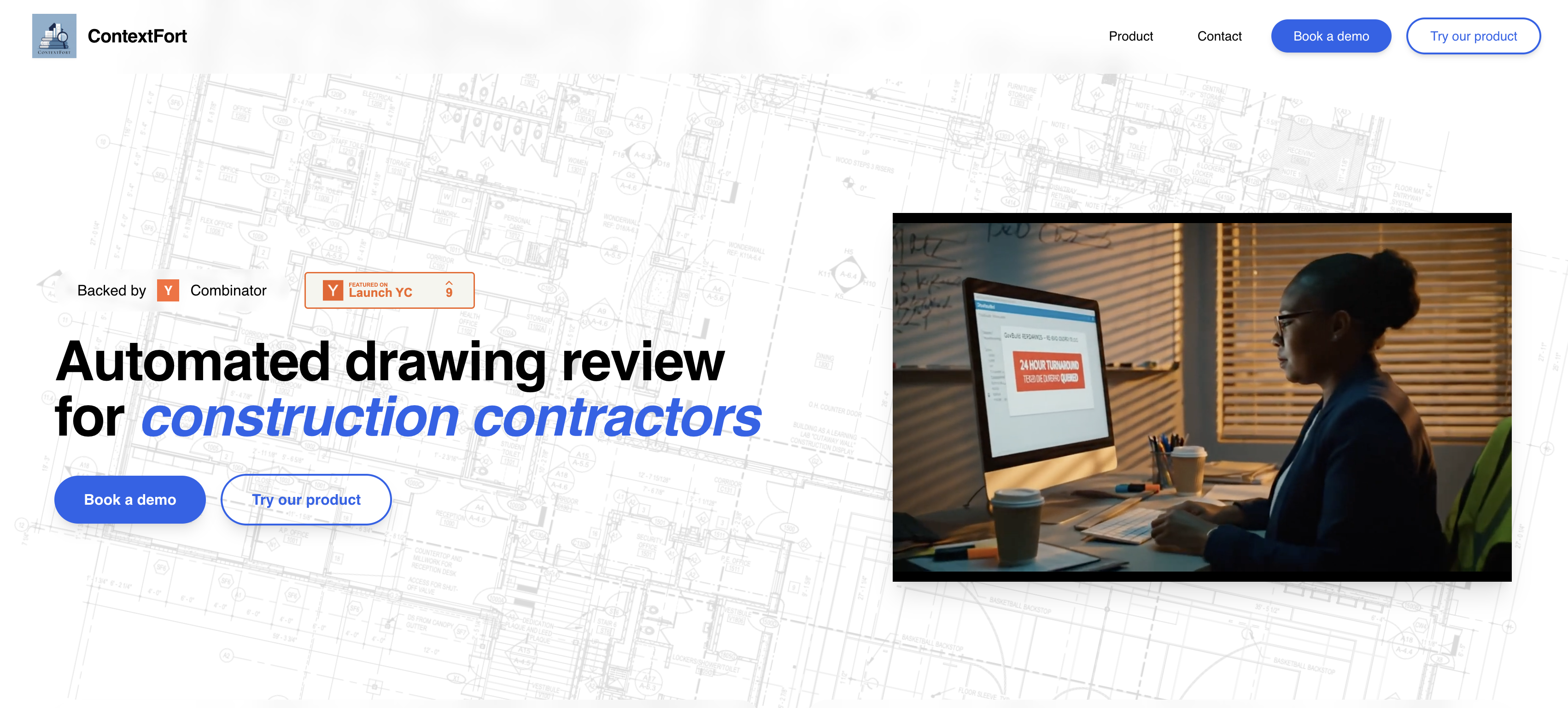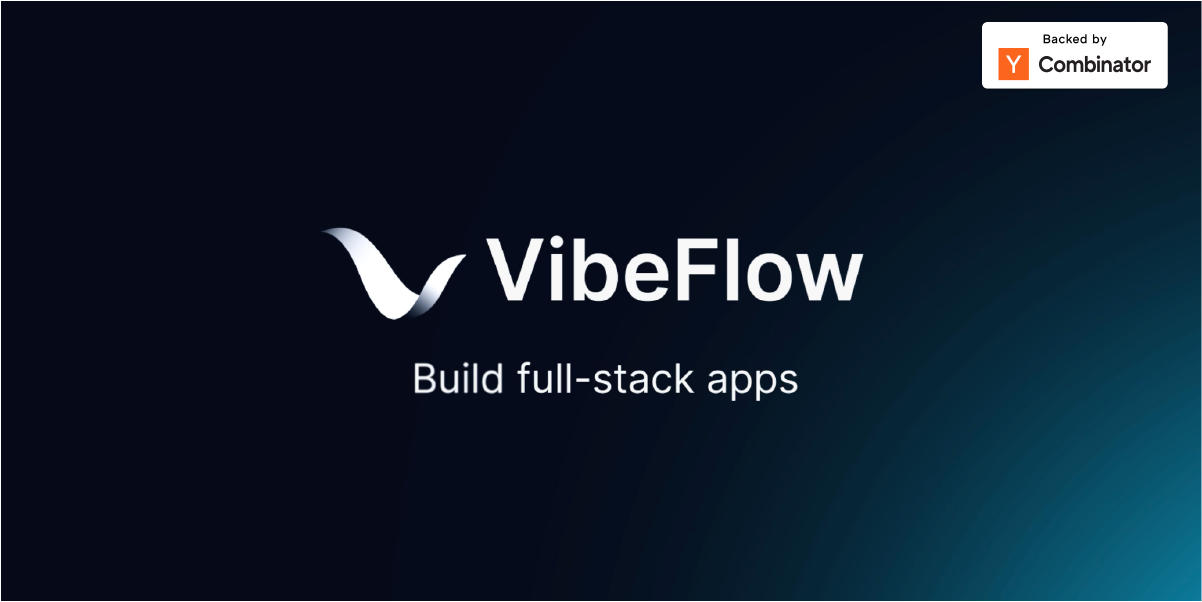Running a trucking business demands more than just tracking transactions—it requires understanding the true cost of every mile driven.
Running a trucking business demands more than just tracking transactions—it requires understanding the true cost of every mile driven. Many owner-operators and fleet managers struggle to find accounting software that addresses their industry-specific needs while providing comprehensive financial management. Choosing between Rigbooks and QuickBooks represents a critical decision that can significantly impact operational efficiency and profitability tracking. This comprehensive guide explores the key differences between these two popular accounting solutions, examining how each serves trucking companies and helping you determine which option aligns best with your business requirements.
What Makes Trucking Accounting Different
Trucking companies face unique financial challenges that standard accounting software often fails to address. Traditional accounting platforms typically focus on general business needs without considering the mile-by-mile profitability tracking essential to trucking operations.
Most trucking companies need to calculate cost per mile, manage load-specific expenses, and track fuel purchases across different jurisdictions. These specialized requirements demand purpose-built solutions rather than generic accounting tools. Trucking operators must also comply with industry-specific regulations like IFTA reporting, which requires detailed mileage and fuel purchase tracking by state or province.
The financial health of a trucking business hinges on understanding profitability at a granular level—knowing exactly which routes, customers, and loads generate the most revenue relative to expenses. This level of detail helps owner-operators make informed decisions about which jobs to accept and which to decline based on potential profitability.
How Standard Accounting Falls Short
General accounting software typically lacks features crucial for trucking operations. These platforms rarely offer built-in tools for tracking miles driven or calculating cost-per-mile metrics without significant customization.
Standard expense categories in traditional accounting software don't align with trucking-specific costs like scales, tolls, and detention fees. Users must manually create these categories or compromise by grouping diverse expenses under generic labels. This approach creates extra work and reduces the accuracy of financial reporting for trucking businesses.
Most importantly, conventional accounting platforms don't connect financial data with operational metrics. They fail to link expenses and revenue directly to specific loads or trips, making it difficult to assess the profitability of individual jobs. This disconnection forces trucking companies to maintain separate systems or spreadsheets to track operational data alongside their financial records.
QuickBooks Core Features and Limitations
QuickBooks stands as the industry standard for small business accounting across various sectors. Millions of businesses rely on this platform for essential financial management tasks and reporting capabilities.
The software excels at general accounting functions like invoice creation, expense tracking, and financial report generation. QuickBooks also offers robust bank reconciliation features, allowing businesses to match transactions with bank statements automatically. Its widespread adoption means finding accountants familiar with the system rarely poses a challenge for business owners.
However, QuickBooks wasn't designed with trucking-specific workflows in mind. The platform requires significant customization to accommodate the unique needs of trucking operations, often resulting in workarounds that prove time-consuming and inefficient.
QuickBooks Strengths for General Business
Comprehensive accounting tools: QuickBooks provides a complete suite of accounting features including accounts receivable, accounts payable, and general ledger management that satisfy basic financial tracking needs.
Extensive integration ecosystem: The platform connects with hundreds of third-party applications, expanding its functionality for various business requirements and workflows.
Professional accountant familiarity: Most accounting professionals have experience with QuickBooks, making collaboration with external financial advisors seamless.
Scalable pricing options: QuickBooks offers multiple tiers of service, allowing businesses to select plans that match their current needs while providing room for growth.
Where QuickBooks Falls Short for Truckers
Despite its strengths as a general accounting solution, QuickBooks presents several challenges for trucking businesses. The software lacks native support for tracking miles by jurisdiction, which is essential for IFTA reporting and compliance.
QuickBooks doesn't automatically calculate cost per mile—a critical metric for determining load profitability in the trucking industry. This limitation forces users to export data to spreadsheets for manual calculations or invest in third-party add-ons. The extra steps create inefficiencies and increase the risk of errors in financial analysis.
The platform also lacks pre-defined expense categories specific to trucking operations. Users must manually create categories for common expenses like scales, tolls, and maintenance, adding setup time and complexity. This customization process requires accounting knowledge that many owner-operators may not possess.
Rigbooks Trucking-Specific Advantages
Rigbooks was built from the ground up to address the unique financial management needs of trucking companies. The platform incorporates industry-specific features that align with how trucking businesses actually operate and track expenses.
The software automatically calculates cost per mile based on expenses and mileage data entered into the system. This calculation provides immediate insight into the profitability of each load without requiring manual spreadsheet work. Rigbooks also includes built-in IFTA tracking capabilities, simplifying quarterly fuel tax reporting and reducing compliance headaches.
Most importantly, Rigbooks connects financial data directly with operational information. The platform allows users to associate expenses with specific loads or trips, creating a comprehensive view of profitability that informs better business decisions.
Trucking-Tailored Features
Industry-specific expense tracking: Rigbooks comes pre-configured with expense categories relevant to trucking operations:
- Fuel purchases and fuel taxes
- Maintenance and repairs
- Tolls and scale fees
- Permits and licensing costs
- Driver-related expenses
Load and trip management: The platform enables users to record detailed information about each load, including origin, destination, mileage, and associated expenses.
Cost per mile calculations: Rigbooks automatically determines cost per mile metrics based on expenses and mileage data, providing critical profitability insights without manual calculations.
Mobile receipt capture: Users can photograph receipts using smartphones and attach them directly to specific loads or expense entries, streamlining record-keeping on the road.
User Experience Designed for Truckers
Rigbooks prioritizes simplicity and ease of use for trucking professionals who may lack accounting expertise. The interface uses industry terminology familiar to truckers rather than accounting jargon.
The platform requires minimal setup time compared to general accounting software. Users can begin tracking loads and expenses immediately without extensive configuration or customization. This streamlined approach reduces the learning curve and allows trucking operators to focus on running their businesses rather than managing their accounting software.
Rigbooks also offers cross-device compatibility, allowing users to access their financial data from laptops, tablets, or smartphones. This flexibility proves particularly valuable for owner-operators who spend significant time on the road and need to record expenses while traveling.
Practical Workflow Comparisons
Understanding how each platform handles day-to-day trucking operations reveals significant differences in efficiency and effectiveness. These workflow comparisons highlight the practical implications of choosing between a general accounting solution and a trucking-specific platform.
When recording fuel purchases in QuickBooks, users must manually enter transaction details and assign them to generic expense categories. The process requires separate tracking for mileage data and fuel tax information, often in spreadsheets outside the accounting system. This disconnected approach increases the risk of data entry errors and creates extra work during tax reporting periods.
Rigbooks streamlines this process by allowing users to record fuel purchases with associated location data for IFTA reporting. The system automatically calculates fuel tax liabilities based on miles driven in each jurisdiction. This integrated approach saves time and reduces compliance risks.
Daily Operations Management
Managing daily operations reveals stark differences between the platforms. QuickBooks requires users to adapt trucking workflows to fit its general accounting framework, often resulting in inefficient processes and workarounds.
Recording trip information in QuickBooks typically involves creating custom fields or maintaining separate spreadsheets to track operational data. This separation creates extra work when analyzing profitability or preparing management reports. Users must manually correlate financial transactions with trip data to understand the economics of specific loads.
Rigbooks integrates operational and financial data in a single system. Users can record trip details, including mileage, stops, and associated expenses, in one place. This integration provides immediate visibility into load profitability without requiring manual data correlation or analysis.
Financial Reporting and Analysis
- Identify your specific reporting needs before selecting software, considering both operational and financial metrics.
- Determine which key performance indicators matter most to your business, such as cost per mile, revenue per mile, or profit margin by customer.
- Evaluate how easily each platform can generate these reports without requiring manual data manipulation or exports.
- Consider how frequently you need updated reports and whether the software can provide real-time insights.
- Assess whether the reporting capabilities align with your business growth plans and increasing complexity.
Cost Considerations Beyond Monthly Fees
When evaluating accounting software, many trucking businesses focus primarily on monthly subscription costs. However, the true cost of ownership extends beyond these basic fees to include implementation, training, and ongoing maintenance expenses.
QuickBooks offers various pricing tiers starting around $30 monthly for basic plans and increasing to $200+ for advanced features. These base costs often exclude add-ons like payroll processing, which can add significant expenses. Many trucking companies also find they need third-party integrations to address industry-specific requirements, further increasing the total cost.
Rigbooks typically starts at $19 monthly for single-truck operations, with transparent pricing that scales based on fleet size. The platform includes trucking-specific features without requiring additional modules or integrations. This all-inclusive approach often results in lower total ownership costs despite similar base subscription prices.
Hidden Expenses and Time Investment
The financial impact of software selection extends beyond direct subscription costs. Implementation time and learning curve significantly affect the total investment required for each platform.
QuickBooks typically demands more extensive setup time to customize for trucking operations. Users must create industry-specific expense categories, design custom reports, and establish workflows that accommodate trucking needs. This customization process often requires professional assistance, adding consulting costs to the implementation budget.
Training requirements also differ substantially between platforms. QuickBooks' general accounting approach means trucking staff need to learn both accounting principles and how to adapt the software to their specific needs. This learning curve can extend the implementation timeline and reduce productivity during the transition period.
Rigbooks' industry-specific design minimizes these hidden costs. The pre-configured trucking categories and workflows reduce setup time and simplify training. Most users can begin productive work immediately without extensive customization or accounting knowledge.
Making the Right Choice for Your Business
Selecting the appropriate accounting software requires careful consideration of your business's specific needs and priorities. Several factors should influence this decision, including your operation's size, complexity, and growth trajectory.
Small owner-operators with straightforward operations typically benefit most from Rigbooks' simplified approach and trucking-specific features. The platform provides essential financial management tools without unnecessary complexity or customization requirements. This focused functionality aligns perfectly with the needs of independent truckers or small fleets.
Larger operations with diverse business activities might find QuickBooks' flexibility advantageous. Companies that combine trucking with warehousing, logistics, or repair services often need the broader capabilities of general accounting software. QuickBooks' extensive integration options can accommodate these complex business models more effectively.
Key Decision Factors
Business complexity: Consider whether your operation focuses exclusively on trucking or encompasses multiple business activities requiring broader accounting capabilities.
Technical expertise: Evaluate your team's accounting knowledge and technical skills when choosing between platforms with different learning curves.
Growth plans: Select software that can scale with your business as it expands, adding trucks or diversifying services without requiring system changes.
Reporting priorities: Identify which financial metrics matter most to your business and choose software that provides these insights without manual calculation.
Questions to Ask Before Deciding
Before making your final selection, ask yourself these critical questions about each platform:
- Does the software provide the specific reports and metrics needed to manage my trucking business effectively?
- How much time will my team spend on data entry and financial management with each option?
- Will the platform integrate with other business tools we currently use or plan to adopt?
- Does the software support the compliance requirements specific to my trucking operations?
- How easily can we transition from our current accounting methods to the new platform?
Maximizing Success With Your Chosen Platform
Regardless of which accounting software you select, implementing best practices ensures you derive maximum value from your investment. Proper setup, consistent usage, and regular review of financial data contribute significantly to successful software adoption.
Start by establishing clear procedures for recording financial transactions and operational data. Consistency in data entry ensures accurate reporting and meaningful analysis. Train all users on these procedures to maintain data quality across the organization.
Develop a regular schedule for reviewing financial reports and key performance indicators. Monthly analysis helps identify trends, spot potential issues, and make informed business decisions. This disciplined approach transforms accounting software from a record-keeping tool into a strategic asset.
Regularly reconcile accounts to ensure all transactions are properly recorded and categorized. This practice prevents errors from accumulating and provides confidence in the accuracy of financial reports. Most accounting platforms offer reconciliation tools that streamline this process.
Optimization Strategies for Better Results
Leverage mobile capabilities: Use smartphone apps to capture receipts and record expenses while on the road, reducing paperwork and improving accuracy.
Integrate with payment systems: Connect your accounting software with electronic payment methods to automate transaction recording and reduce manual data entry.
Establish consistent coding: Create clear guidelines for categorizing expenses and revenue to ensure meaningful financial analysis and reporting.
Schedule regular backups: Protect financial data through automated backups, preventing loss from technical issues or user errors.
Future-Proof Your Trucking Business Finances
The accounting software landscape continues to evolve, with new features and capabilities emerging regularly. Selecting a platform that demonstrates ongoing development and improvement helps ensure your business remains competitive and compliant.
Cloud-based solutions offer significant advantages for trucking businesses, including accessibility from anywhere, automatic updates, and improved data security. Both Rigbooks and QuickBooks provide cloud options, though their implementation and features differ substantially.
Consider how each platform approaches emerging technologies like artificial intelligence and machine learning. These innovations promise to automate routine tasks, improve data accuracy, and provide more sophisticated financial insights. Forward-thinking software developers increasingly incorporate these capabilities into their platforms.
Regulatory changes also influence accounting software requirements, particularly in the trucking industry. Choose a platform with a track record of timely updates to address new compliance mandates and reporting requirements. This responsiveness helps protect your business from regulatory risks and penalties.
Long-Term Value and Adaptability
When making your final decision, consider not just current needs but how each platform will serve your business as it grows and evolves. The right accounting software should adapt to changing business models, expanding operations, and increasing complexity without requiring replacement.
Rigbooks offers specialized functionality that grows with your trucking business, adding features specifically designed for fleet management and multi-truck operations. This focused development ensures the platform continues meeting the unique needs of trucking companies as they expand.
QuickBooks provides broader adaptability for businesses that may diversify beyond trucking into related services or industries. Its extensive ecosystem supports various business models and can accommodate significant changes in operational focus or structure.
Ultimately, the best choice aligns with your long-term business vision and growth strategy. By carefully evaluating both current requirements and future needs, you can select accounting software that delivers lasting value and supports your trucking business's continued success.
Take Your Trucking Finances to the Next Level
Selecting the right accounting software represents a pivotal decision for trucking businesses seeking to optimize financial management and improve profitability tracking. Both Rigbooks and QuickBooks offer valuable capabilities, though their strengths align with different business needs and priorities.
Trucking-specific solutions like Rigbooks provide immediate value through industry-tailored features, simplified workflows, and integrated operational tracking. These specialized platforms eliminate the customization requirements and workarounds often necessary with general accounting software. For most dedicated trucking operations, particularly owner-operators and small fleets, this focused functionality delivers superior results with less implementation effort.
General accounting platforms like QuickBooks offer broader capabilities that benefit complex businesses with diverse activities beyond trucking. Their extensive integration options and widespread professional support provide advantages for companies requiring sophisticated financial management across multiple business lines. However, these benefits come with increased setup complexity and potential workflow inefficiencies for purely trucking-focused operations.
Whichever platform you choose, commit to consistent usage and regular financial analysis to maximize its value. The right accounting software, properly implemented and utilized, transforms from a mere record-keeping tool into a strategic asset that drives better business decisions and improved profitability. Take advantage of free trials to experience each platform firsthand before making your final selection, ensuring the software truly meets your specific needs and preferences.
Simplify Startup Finances Today
Take the stress out of bookkeeping, taxes, and tax credits with Fondo’s all-in-one accounting platform built for startups. Start saving time and money with our expert-backed solutions.
Get Started









.png)









